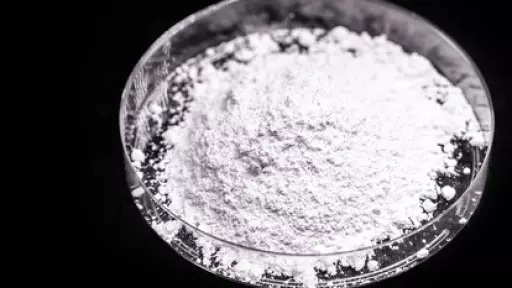
Exploring the Benefits and Uses of Chinese Perlite Ore in Various Industries
China Perlite Ore An Overview of its Production and Applications
Perlite, a natural volcanic glass, is a highly versatile mineral that has gained significant attention for its various applications in industries ranging from construction to agriculture. One of the largest producers of perlite ore in the world is China, which boasts abundant reserves and advanced processing technologies. This article explores the characteristics of perlite ore, its production in China, and the diverse applications it finds in different sectors.
What is Perlite?
Perlite is formed from volcanic eruptions that cool and solidify into a glassy rock. When this rock is heated to approximately 1400°F (760°C), it expands significantly due to the presence of water vapor trapped within the glass. This process transforms perlite into a lightweight, porous material with excellent insulation properties. Because of its unique physical and chemical characteristics, perlite is praised for its ability to enhance drainage, aerate soils, and provide thermal insulation.
Perlite Production in China
China's geographic diversity, characterized by numerous volcanic regions, has positioned it as a significant player in global perlite production. The country has a rich and varied mineral resource base, which includes high-quality perlite deposits. The key production areas for perlite ore in China include provinces like Xinjiang, Inner Mongolia, and Qinghai. These regions are known for their extensive volcanic activities, providing an ideal landscape for perlite formation.
The perlite processing industry in China has evolved alongside advancements in technology. Modern processing methods have enabled manufacturers to refine perlite ore efficiently, producing different grades tailored to specific applications. The country's perlite production capacity has been on the rise, meeting both domestic demand and international needs.
Applications of Perlite
china perlite ore

1. Construction Industry One of the most significant uses of perlite is in the construction sector. Perlite is employed as a lightweight aggregate in concrete, improving workability, insulation, and fire resistance. Its use in roofing systems as a thermal insulator is particularly valued, as it helps to regulate temperatures, leading to energy savings.
2. Agriculture In horticulture and agriculture, perlite is widely utilized as a growing medium. Its excellent drainage properties help prevent waterlogging, ensuring that plants receive adequate oxygen and nutrients. Perlite is often mixed with soil or used in hydroponic systems to enhance plant growth and yield. Organic farmers appreciate its non-toxic nature, making it a safe choice for various crops.
3. Industrial Applications Perlite also finds applications in various industrial processes, such as in the manufacturing of lightweight concrete blocks, plasters, and insulation products. Its ability to withstand high temperatures makes it suitable for fireproofing materials as well.
4. Environmental Uses The environmental industry leverages perlite for its ability to absorb contaminants. It is used in water filtration systems to remove impurities and in oil spill clean-ups due to its absorbent properties.
5. Cosmetics and Personal Care Perlite is increasingly being incorporated into cosmetic formulations as an exfoliant or thickening agent. Its fine consistency helps create smooth textures in creams and lotions.
Conclusion
China's prominence in the perlite ore market is a testament to the country's geological wealth and industrial capabilities. With applications spanning construction, agriculture, and environmental management, perlite is recognized for its multifaceted benefits. As industries continue to seek sustainable and efficient solutions, the demand for perlite products is expected to grow, further solidifying China’s role as a key supplier in the global market. The ongoing research and development in perlite processing and applications will undoubtedly unveil new potential uses, enhancing its significance in both the domestic and international arenas.
Share
-
Premium Pigment Supplier Custom Solutions & Bulk OrdersNewsMay.30,2025
-
Top China Slag Fly Ash Manufacturer OEM Factory SolutionsNewsMay.30,2025
-
Natural Lava Rock & Pumice for Landscaping Durable Volcanic SolutionsNewsMay.30,2025
-
Custom Micro Silica Fume Powder Manufacturers High-Purity SolutionsNewsMay.29,2025
-
Custom Mica Powder Pigment Manufacturers Vibrant Colors & Bulk OrdersNewsMay.29,2025
-
Custom Micro Silica Fume Powder Manufacturers Premium QualityNewsMay.29,2025






